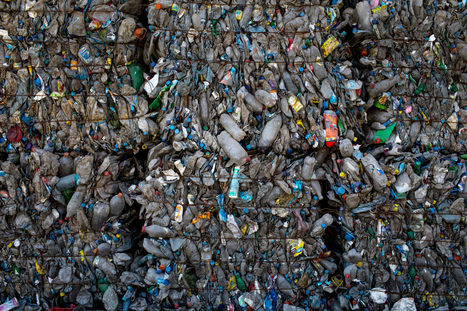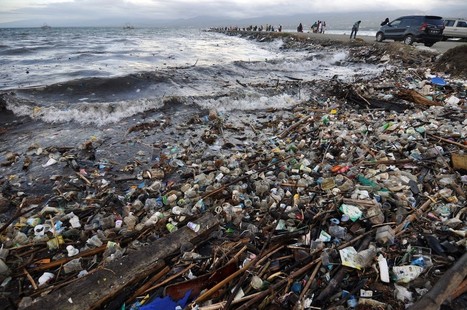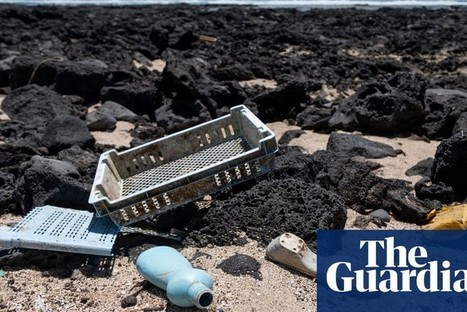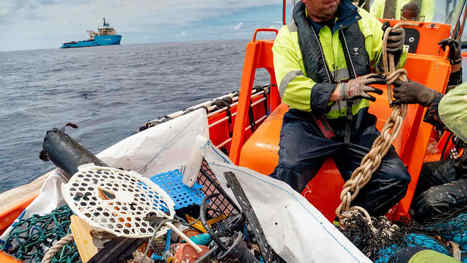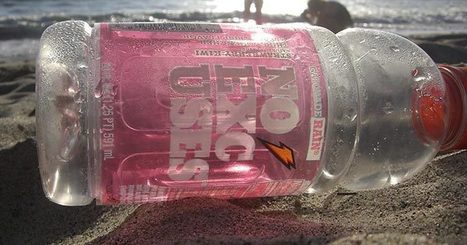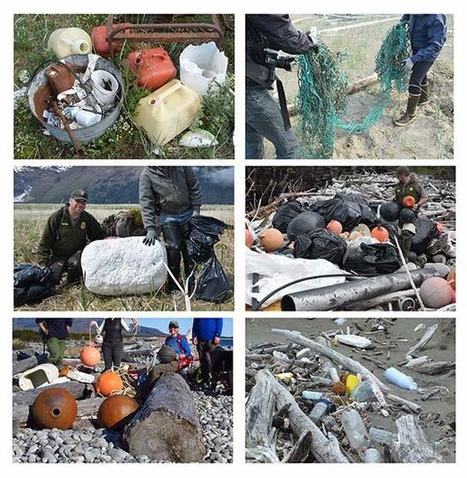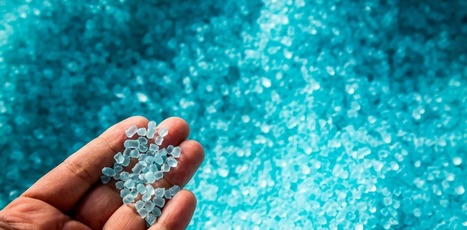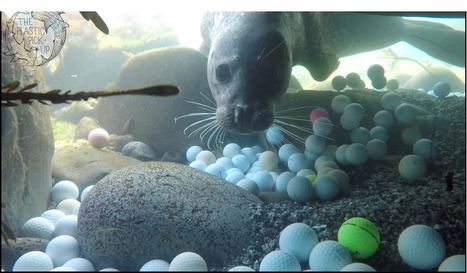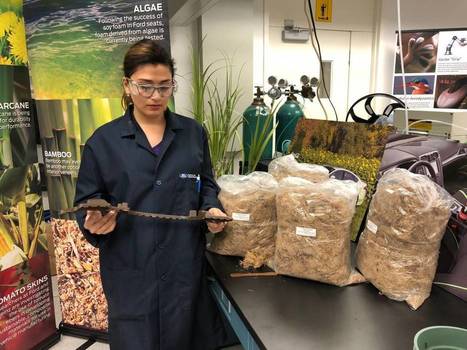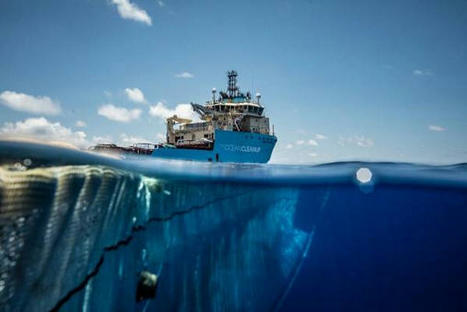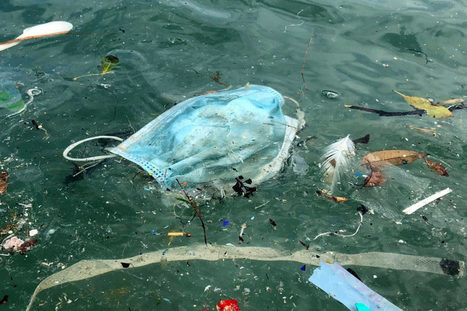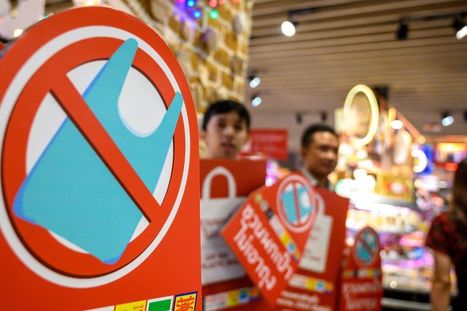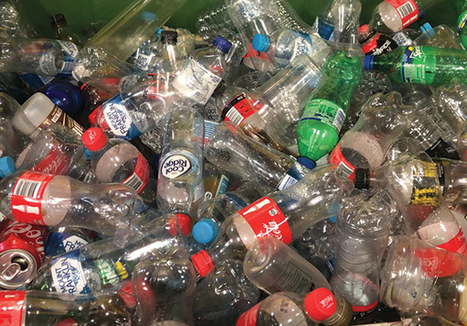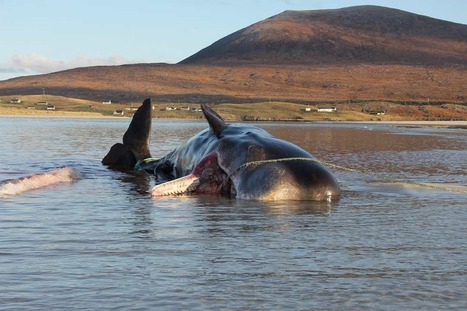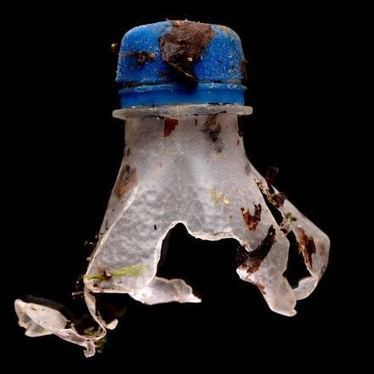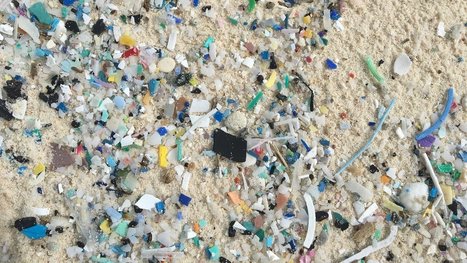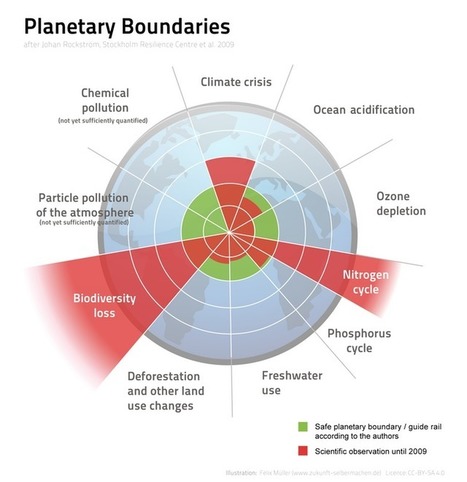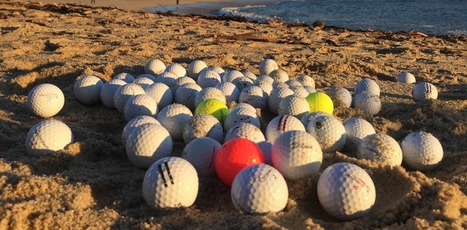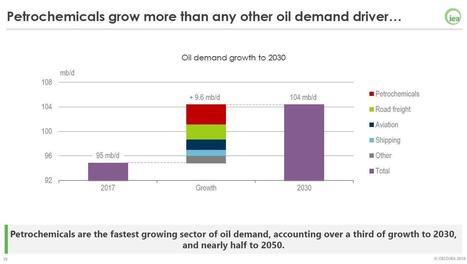Research out of Scotland suggests that the chopping, shredding and washing of plastic in recycling facilities may turn as much as six to 13 percent of incoming waste into microplastics—tiny, toxic particles that are an emerging and ubiquitous environmental health concern for the planet and people. A team of four researchers measured and analyzed microplastics […]
Research and publish the best content.
Get Started for FREE
Sign up with Facebook Sign up with X
I don't have a Facebook or a X account
Already have an account: Login
Coastal management and restoration of our planet's coastlines with a particular focus on California, Louisiana and the Pacific. Emphasizing wetland restoration, aspects of agriculture in the coastal plain, fisheries, dealing with coastal hazards, and effective governance.
Curated by
PIRatE Lab
 Your new post is loading... Your new post is loading...
 Your new post is loading... Your new post is loading...
ben's curator insight,
June 1, 2020 8:26 AM
https://foreverkush.com/product/buy-gelato-weed-online/
https://foreverkush.com/product/northern-lights-strain/ https://foreverkush.com/product/buy-pineapple-punch-online-2/ https://foreverkush.com/product/white-widow/ https://foreverkush.com/product/super-skunk/ https://foreverkush.com/product/buy-pre-rolls-online/ https://foreverkush.com/product/thca-diamonds/

EcoVadis's curator insight,
September 18, 2018 1:48 AM
Great job Mexico! The use of bioplastics reduces the consumption of petroleum feedstock and is preferred by consumers around the world. These environmental concerns are a key drive to this industry’s growth. |
|




